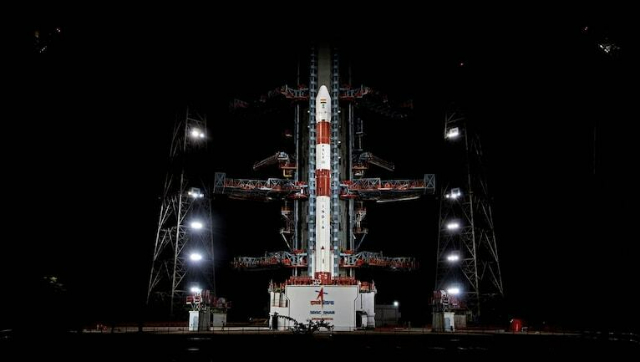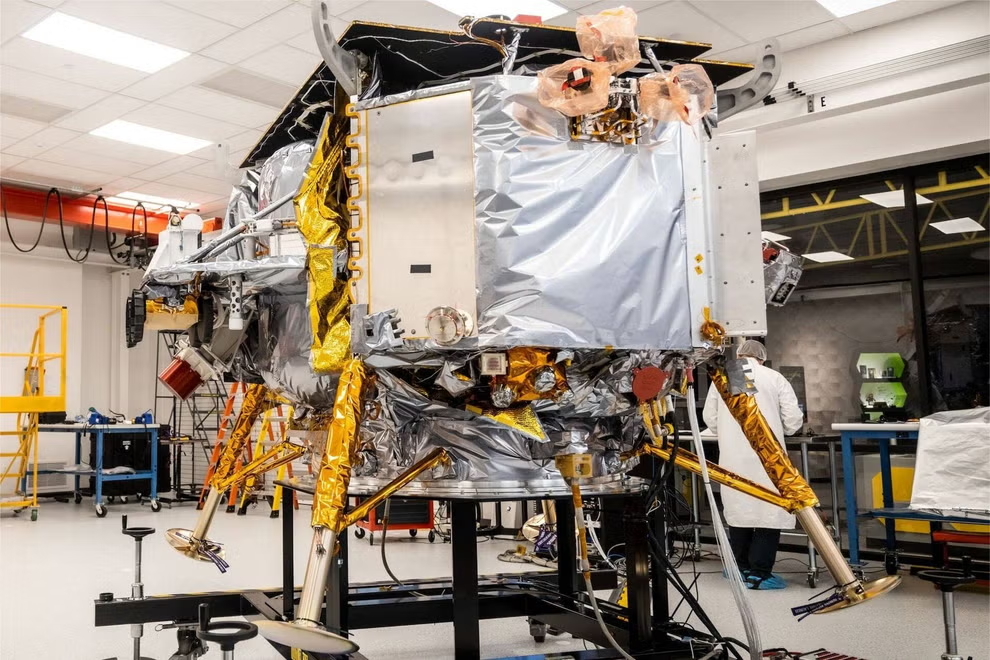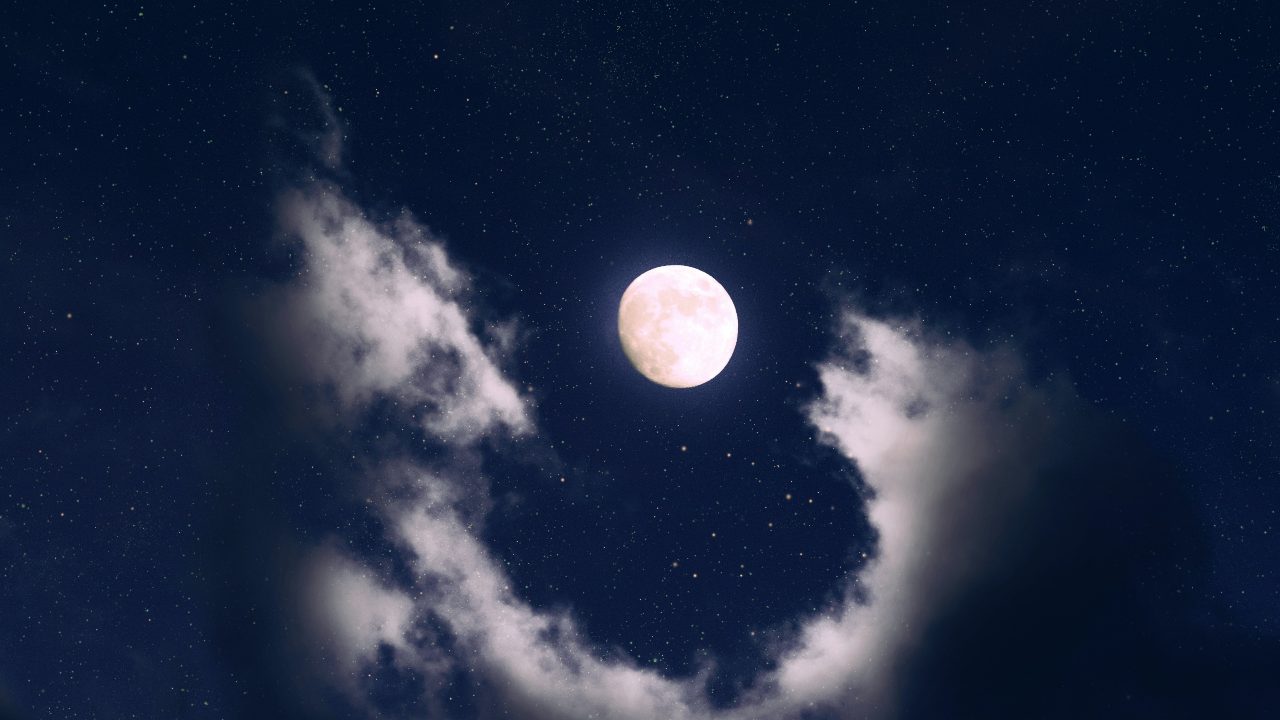India is fast emerging as a world space hub for cost-effective satellites launches: Union Minister Jitendra Singh

- Reporter 02
- 24 Aug, 2022
India is emerging as a hub for cost-effective satellite launches noted Union Minister Jitendra Singh during a webinar.
He said that India has earned recognition for its lunar probe launches along with the building and transporting of satellites. We have been got a presence on Mars after the Mangalyaan mission was launched on 5 November 2013. The space probe has been orbiting the Red Planet since 24 September 2014.
The Indian Space Research Organisation (ISRO) has already announced plans for a second mission to Mars sometime in 2023-2024.
The space industry is very lucrative and there is an increasing demand for nano, micro and mini-satellites. The Indian space agency ISRO has already begun working to fill that need. While they launch their own satellite and other internally made payloads, with NewSpace India Limited (NSIL), the Government of India and ISRO have started to venture into the private sector as well. They will provide launch services to other private aerospace companies.
"ISRO has forged a strong relationship with many industrial enterprises, both in the public and private sector, to implement its space projects. With the ISRO undertaking the development of cutting-edge technologies and interplanetary exploratory missions, there is a tremendous scope in contributions to the realization of operational missions and new areas such as satellite navigation," Singh said,
He also said there is a need for re-usable and small satellite launch vehicle systems and it is anticipated that this demand will drive the market.
Talking at the India Leads-2021 Summit organized by FICCI, Singh said, "India is all set to become the hub for the small satellite launch market, which is estimated to be valued at around $38 billion by 2027."
The topic of the Summit was “Future of India-Oceania Space Technology Partnerships”.
It was attended by Dr Sangita Reddy, Immediate Past President, FICCI and Joint Managing Director, Apollo Hospitals; Anthony Murfett, Deputy Head, Australian Space Agency, Australia; Jason Held, CEO, Saber Astronautics, Australia; Dr D Radhakrishnan, CMD, NSIL; Professor Andy Koronios, CEO & Managing Director, SmartSat CRC, Australia and Vikram Chandra, Founder Editorji Technologies.
"It is a matter of pride that India’s ascent to the top will be contributed to a large extent by its superiority in the Space capabilities. World today is enamoured of Chandrayaan, Mars mission and upcoming Gaganyan," the Minister added.
He further highlighted some of India's other contributions and achievements to the industry including ASTROSAT - India's first space observatory; putting 104 satellites in orbit in a record-setting launch in 2017; the GSLV-MK III launched in 2019 that can launch 4 tons of satellites into Geosynchronous Transfer Orbit (GTO).
"The country has to its credit - 109 spacecraft missions, 77 launch missions, 10 student satellites, 2 Re-entry missions and 319 foreign satellites," he added.
"Space and satellite technology is today being extensively used in railways, road and bridge construction, agriculture, soils, water resources, forestry and ecology, housing, telemedicine, disaster management and accurate weather forecast to name a few."
During the webinar, Singh also spoke about two of the biggest Oceania countries - Australia and New Zealand.
"Australia and New Zealand...have emerging capabilities in design and manufacture of nano- and micro-satellites including high-performance optics, radio communications systems, optical communications systems and onboard data handling manoeuvring.," he said.
He also noted that since Australia is a world leader in remote sensing technologies, there can be collaboration initiatives "by conducting regular training courses" by institutions and sharing "best practices with each other in this technology."
The Australian Space Agency is helping ISRO with Gaganyaanm its first manned mission into space, by sprucing up its temporary ground station tracking facilities in Australia.
Other Oceania countries can also collaborate with India to develop and "identify space technological solutions and innovative products".
Leave a Reply
Your email address will not be published. Required fields are marked *











